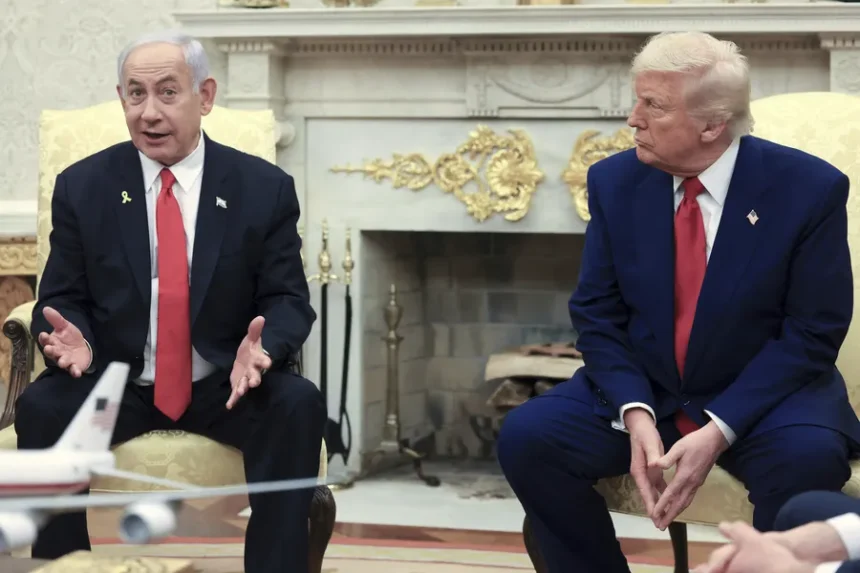U.S. President Donald Trump’s decision to exclude Israel from his current Middle East tour has ignited a wave of speculation about growing tensions between Washington and Tel Aviv. Despite the silence from Israeli officials, analysts suggest that a deeper diplomatic rift is unfolding beneath the surface.
Trump’s administration has prioritized lucrative trade deals with wealthy Gulf states — including Qatar, long accused by Israel of aiding Hamas — signaling a shift away from traditional U.S.-Israel coordination. Additional strains emerged after Trump’s decision to halt airstrikes on the Iran-backed Houthis in Yemen, and renewed indirect dialogue with Tehran, Israel’s chief regional adversary.
While Trump took center stage in Riyadh, claiming credit for a ceasefire with the Houthis and the release of the last surviving American hostage in Gaza, Edan Alexander, Israel found itself watching from the sidelines. The deal with Hamas — without Israeli involvement — marked a symbolic blow to Tel Aviv’s diplomatic standing.
Prime Minister Benjamin Netanyahu, who remains on trial for corruption charges he denies, issued no criticism, offering only thanks to Trump for Alexander’s release. Yet domestic commentators, such as Joav Limor of Israel Hayom, have noted that Israel has become a mere spectator in the region’s evolving diplomatic landscape.
Amid ongoing war in Gaza and rising international pressure, Israeli hardliners within Netanyahu’s coalition continue to push for Hamas’s total defeat, even as the U.S. signals a clear preference for diplomacy. According to Jonathan Panikoff, former deputy U.S. national intelligence officer for the Middle East, “Trump is clearly pursuing a transactional agenda, focused on deals, trade, and investment,” rather than traditional strategic alliances.
The White House has denied any rupture in ties, insisting that Israel remains a close ally. Yet Israeli officials are treading carefully, wary of criticizing the U.S., while military operations in Gaza escalate and American interest in direct involvement wanes.
With regional dynamics shifting and Trump’s administration reshaping U.S. priorities, Israel may find itself facing a new geopolitical reality — one in which it is no longer America’s central partner, but one actor among many in a complex, multi-polar Middle East.







